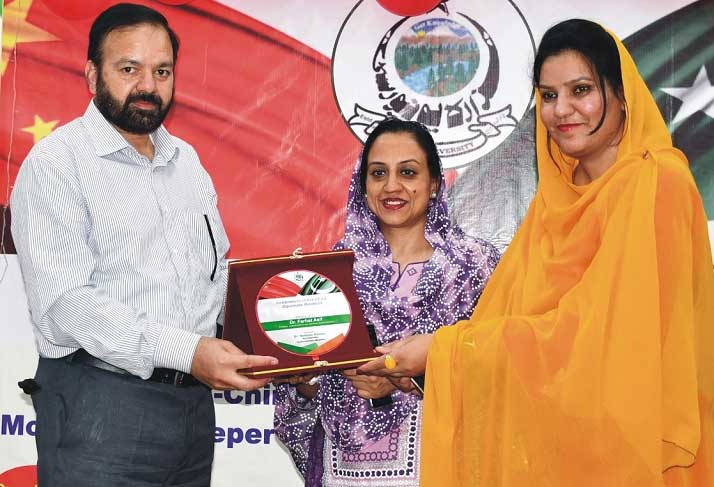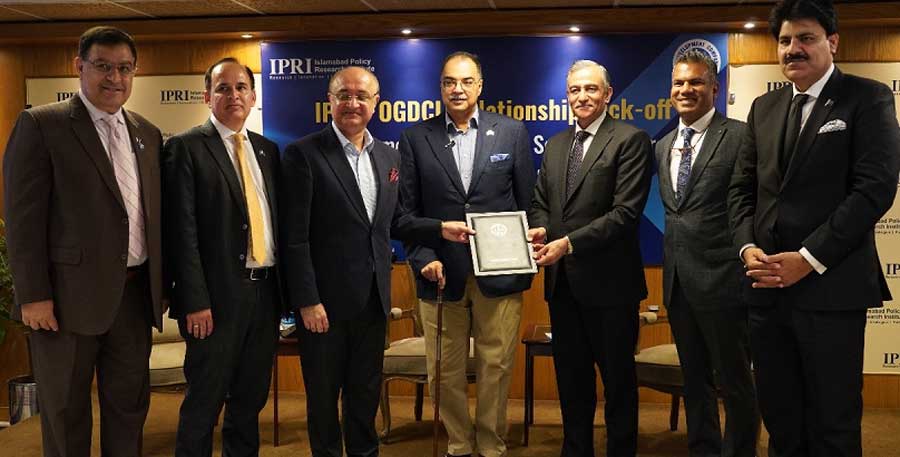The World Health Organization (WHO) started World No Tobacco Day in 1987 to raise awareness about the harmful effects of tobacco and preventable illnesses and deaths caused by it. In 1987, the World Health Assembly passed a resolution to have a “World No-Smoking Day” on April 7, 1988. Then, in 1988, another resolution was passed to celebrate World No Tobacco Day every year on May 31. For the past 36 years, WNTD has been observed worldwide.
This annual event educates people about the dangers of tobacco use, the actions of tobacco Industry, what WHO is doing to fight tobacco use, and how people can protect their health and future generations.
World No Tobacco Day 2024 will provide a platform for young people worldwide to call on governments to protect them from aggressive tobacco marketing. The tobacco industry targets youth to create lifelong customers, leading to a new wave of addiction. The studies show that school/college children are using e-cigarettes more than adults everywhere, and about 37 million young people aged 13-15 use tobacco globally.
World No Tobacco Day (WNTD) 2024 shines a spotlight on the urgent need to shield young people from the predatory marketing tactics of the tobacco industry. This global event, initiated by WHO highlights the dangers of tobacco use and advocates for policies to reduce consumption and prevent the onset of addiction, especially among the youth. In Pakistan, the situation is particularly alarming, with 1,200 to 1,500 young people starting to smoke every day. This year, WHO theme, “Protecting Children from Tobacco Industry Interference,” underscores the critical importance of safeguarding the younger generation from the tobacco industry’s reach.
The tobacco industry in Pakistan has become increasingly diversified in its marketing strategies, specifically targeting young people. This shift is not coincidental but a calculated move to cultivate a new generation of lifelong customers. The industry employs a range of tactics, from colorful packaging and flavored products to aggressive advertising campaigns on social media platforms frequented by youthand celebrities. These strategies are designed to make tobacco products appear glamorous, trendy, and desirable.
Flavored tobacco products, including e-cigarettes, are particularly popular among young people. These products, misleadingly propagated by tobacco industry as less harmful than traditional cigarettes, spread a dangerous misconception. The reality is that all forms of tobacco use carry significant health risks, including addiction, respiratory diseases, and cancer. The tobacco industry exploits this lack of awareness, luring young people into a cycle of addiction with products that are deliberately designed to appeal to them.
The diversification of tobacco products is another alarming trend. The market is now flooded with a variety of tobacco products, including e-cigarettes, smokeless tobacco, and nicotine pouches. These products are often marketed as safer alternatives to traditional cigarettes, but they still pose serious health risks. E-cigarettes, for instance, have been linked to respiratory issues like (EVALI) and contain high levels of nicotine, making them highly addictive.
Every day, between 1,200 to 1,500 young people between ages 6 and 15 in the country begin smoking. This translates to hundreds of thousands of new smokers each year, many of whom will suffer from tobacco-related illnesses in the future. The widespread availability and marketing of tobacco products to young people are significant factors driving these numbers.
The Tobacco Control Cell at the Ministry of National Health Services, Regulations, and Coordination is tirelessly fighting the menace of tobacco. With the dedicated support of provincial tobacco control cells, the ministry is successfully extending its impact to the local level. However, our battle is far from over – much more needs to be done.
The government of Pakistan must take a strong stance against the tobacco industry to protect its young citizens. This includes:plain packaging, banning flavored tobacco products that are particularly attractive to young people, implementing higher taxes on all tobacco products including smokeless tobacco(SLT) to make them less affordable, especially for young people, launching nationwide public awareness campaigns to educate young people and their families about the dangers of tobacco use and the deceptive marketing tactics of the tobacco industry, providing accessible resources and support for young people who want to quit smoking, including counseling and cessationservices and ensuring strict monitoring and enforcement of tobacco control laws, including penalties for violations.By taking decisive action to protect children from smoking, the government can help break the cycle of addiction and ensure a healthier future for all Pakistanis.
World No Tobacco Day 2024: Protecting Pakistani youth from tobacco addiction




